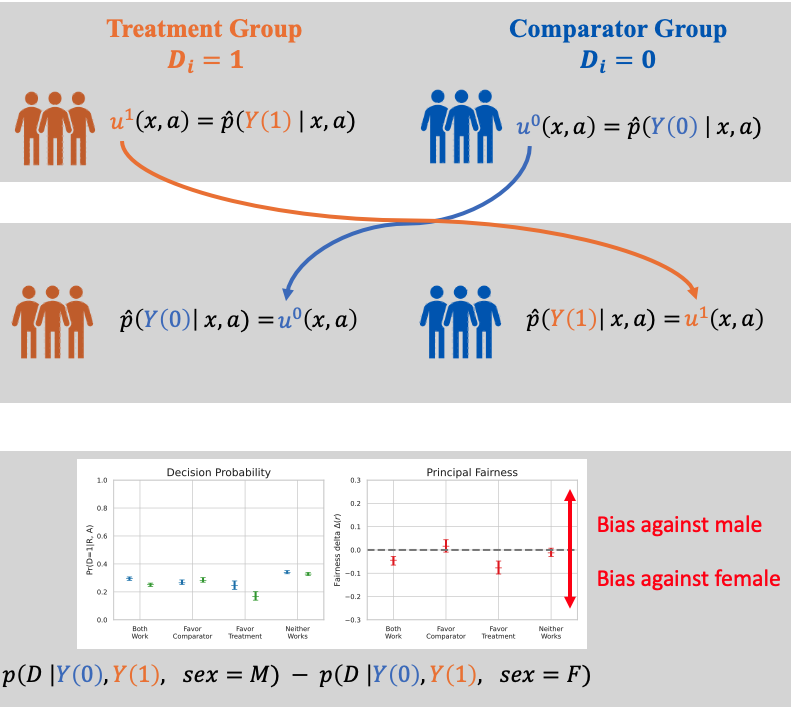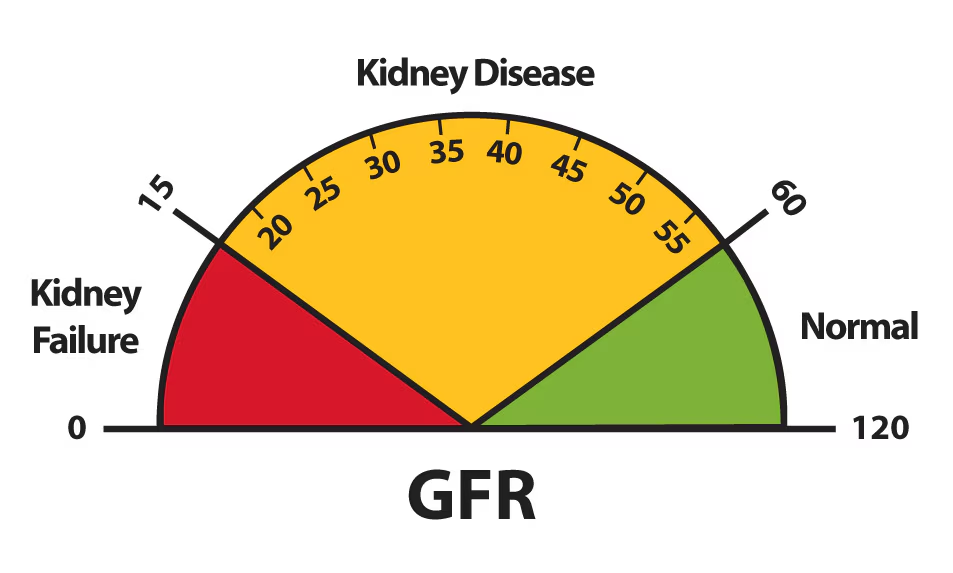CausAI Lab
Causal Artificial Intelligence (CausAI Lab)

660 South Euclid Ave
#St. Louis, MO 63110
Dr. Linying Zhang is an Assistant Professor of Biostatistics at the Institute for Informatics, Data Science and Biostatistics at Washington University School of Medicine in St. Louis. She leads the CausAI Lab, which advances methods at the intersection of causality and machine learning/artificial intelligence (ML/AI) to enhance the explainability, generalizability, and fairness of models trained on electronic health records (EHRs), with applications in real-world evidence generation and clinical risk prediction.
Lab mission
ML/AI has the potential to revolutionize healthcare if developed and deployed thoughtfully. In healthcare, AI models are frequently trained on real-world data (RWD), which are inherently imperfect – frequently missing not at random, irregularly sampled, subject to measurement error, and reflective of existing health disparities. To realize AI’s promise, it is essential to design methodologies that correct these biases and limitations.
The CausAI Lab is dedicated to tackling these challenges by integrating causality with machine learning/AI to produce reliable real-world evidence and build equitable clinical AI models that benefit all patient populations.
Join us
Post-doc Fellows We are looking for one postdoctoral fellow to work on causal AI for health care.
PhD Students We are looking for 1-2 PhD students starting Fall 2026. Please apply directly to the Biomedical Informatics and Data Science (BIDS) PhD program at Washington University School of Medicine. In your PhD application, please explicitly mention your interest in working with Professor Linying Zhang. Existing BIDS and Computational & Systems Biology (CSB) PhD students interested in rotating through the lab should email Dr. Zhang directly.
Undergraduates or Master’s Students Undergraduates and Master’s students looking for research opportunities are encouraged to apply through the BIDS@I2 Summer Research Internship. We are looking for students who have taken at least one machine learning course and received a good grade. For masters students, we typically expect students to have taken a graduate-level machine learning course and a graduate-level probability or statistical inference course, or have had significant related research experience. WashU students interested in research assistantship should email Dr. Zhang directly.
News
| Jan 15, 2026 | SeongJun’s abstract “FlioNet: Predicting Hemoglobin A1c with Fluorescence Lifetime Imaging Ophthalmoscopy from AI-READI Data” was accepted to ARVO 2026. Congrats, SeongJun! |
|---|---|
| Dec 18, 2025 | Yiqiao Jin won the ENAR Distinguished Student Paper Award for his paper titled “Federated R-Learner for Estimating Conditional Average Treatment Effect across Heterogeneous Datasets”. Congrats, Yiqiao! |
| Sep 26, 2025 | Xiaoyu (Klay) Sun’s abstract titled “One Size Fits All? Comparing Foundation and Task-specific Models for Retinal Fluid Segmentation” was accepted at the AMIA Annual Symposium 2025! |
| Aug 26, 2025 | Hsin-Yi Chen’s paper titled When Does IPCW Help? Simulation and Real-World Evidence on Censoring Adjustment in Survival Analysis was available on medRxiv. |
| Aug 21, 2025 | Siqi Sun’s abstract titled “Causal Inference with Multi-Modal Foundation Models” was accepted as Spotlight Talk at OHDSI Global Symposium 2025! |
Selected publications
-
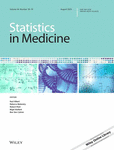
-
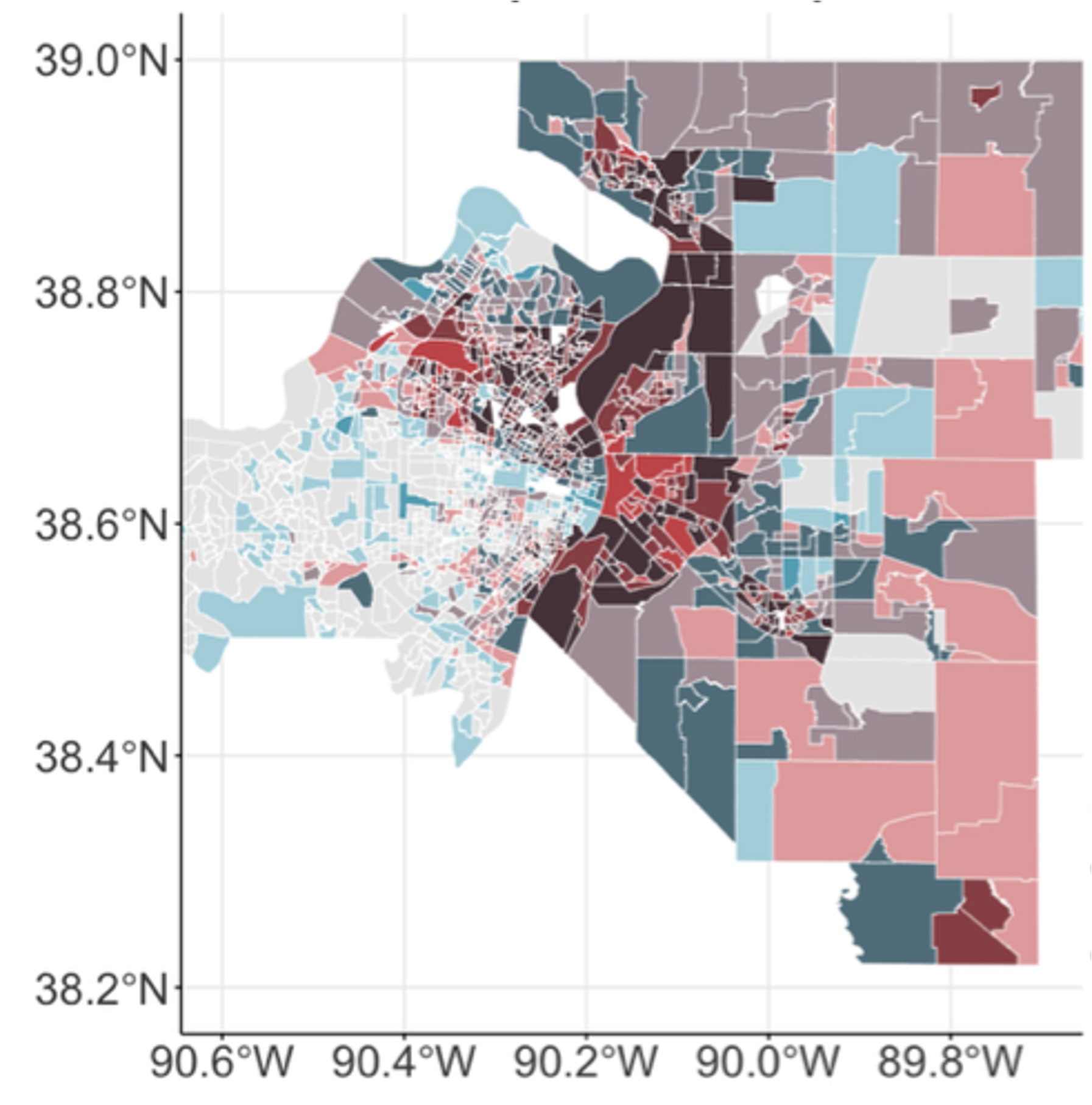 Integrating Census Data with Electronic Health Records to Assess the Impact of Social Determinants of Health on Opioid Use DisorderJun 2025
Integrating Census Data with Electronic Health Records to Assess the Impact of Social Determinants of Health on Opioid Use DisorderJun 2025 -
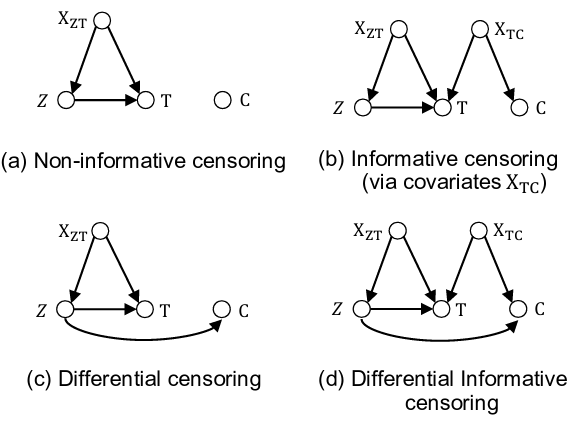 When Does IPCW Help? Simulation and Real-World Evidence on Censoring Adjustment in Survival AnalysisAug 2025
When Does IPCW Help? Simulation and Real-World Evidence on Censoring Adjustment in Survival AnalysisAug 2025 -

-
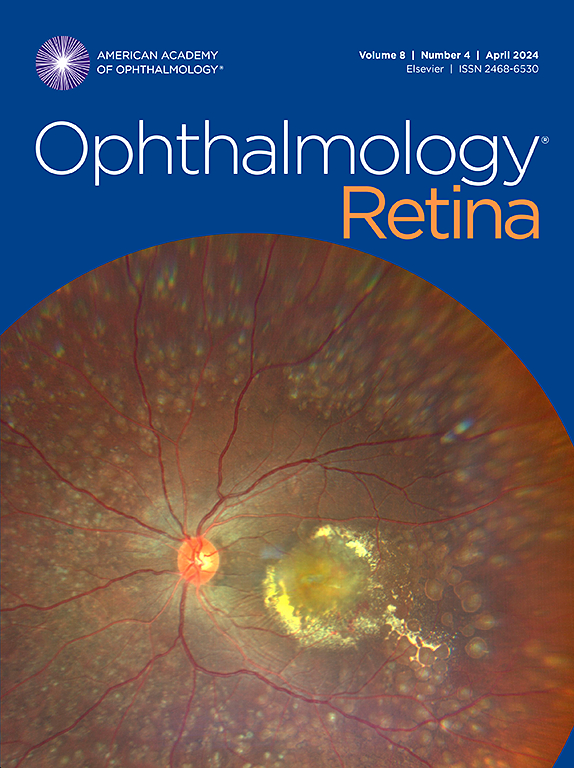 Similar Risk of Kidney Failure among Patients with Blinding Diseases Who Receive Ranibizumab, Aflibercept, and Bevacizumab: An OHDSI Network StudyOphthalmology Retina, Apr 2024
Similar Risk of Kidney Failure among Patients with Blinding Diseases Who Receive Ranibizumab, Aflibercept, and Bevacizumab: An OHDSI Network StudyOphthalmology Retina, Apr 2024 -
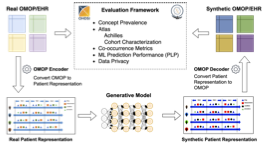
-
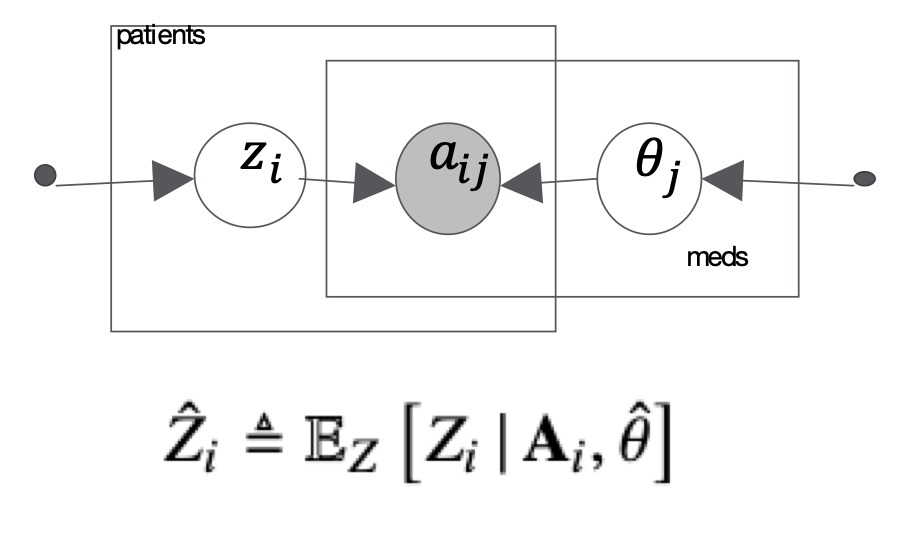 The Medical Deconfounder: Assessing Treatment Effects with Electronic Health RecordsIn Proceedings of the 4th Machine Learning for Healthcare Conference, Feb 2019
The Medical Deconfounder: Assessing Treatment Effects with Electronic Health RecordsIn Proceedings of the 4th Machine Learning for Healthcare Conference, Feb 2019 -
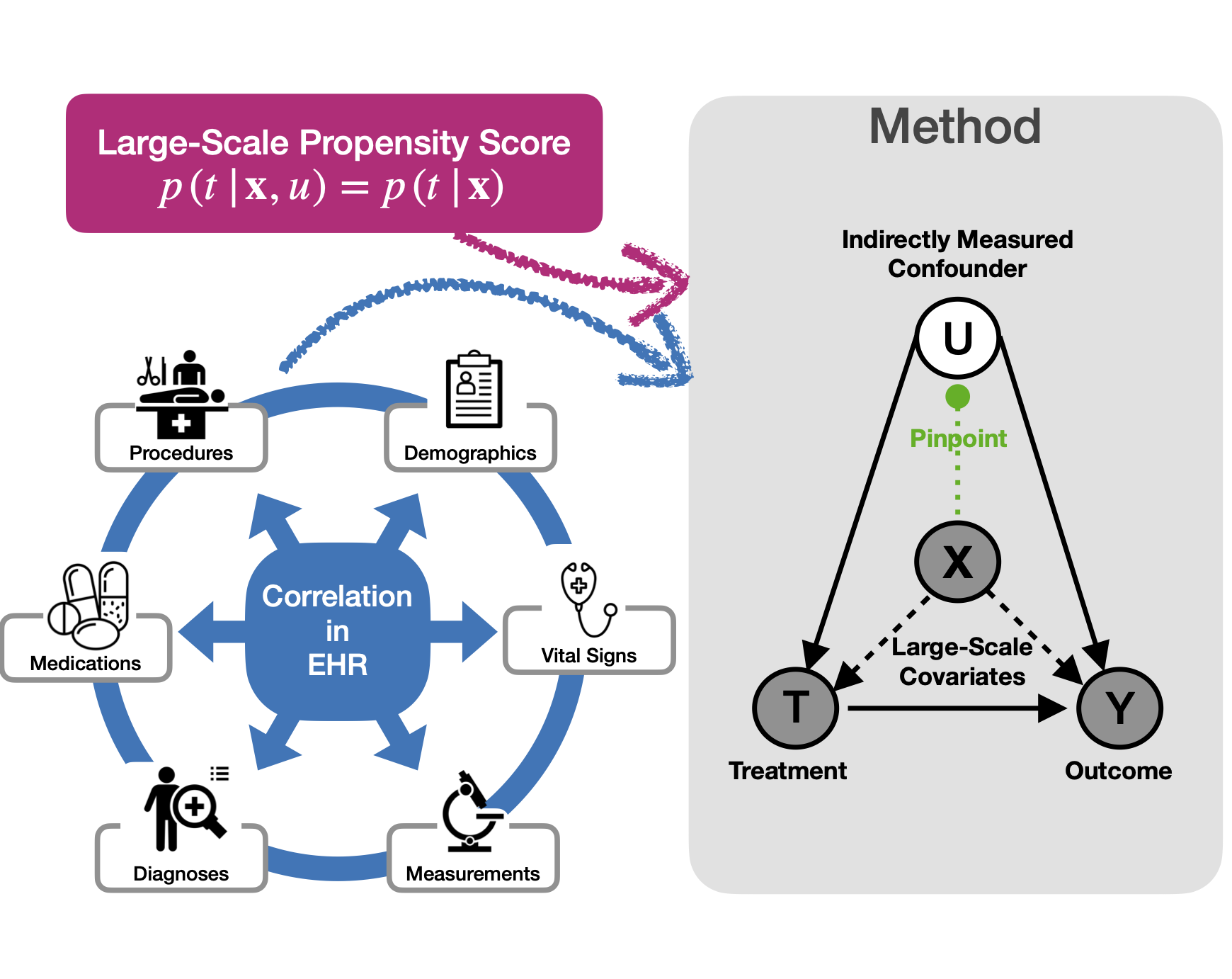 Adjusting for Indirectly Measured Confounding Using Large-Scale Propensity ScoreJournal of Biomedical Informatics, Feb 2022
Adjusting for Indirectly Measured Confounding Using Large-Scale Propensity ScoreJournal of Biomedical Informatics, Feb 2022 -
